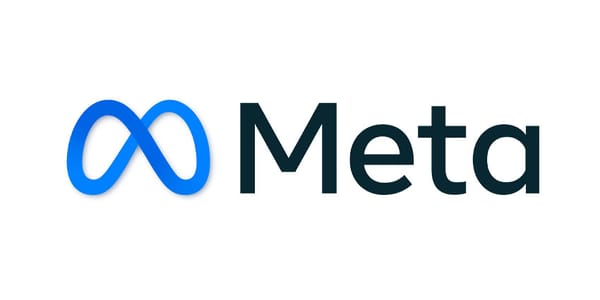Apache HTTP Server: Confusion Attacks Reveal Critical Security Risks
Explore how confusion attacks are exposing critical security risks in Apache HTTP Server. Understand the vulnerabilities and steps to protect your server.

The latest research unveiled at Black Hat USA 2024 has exposed a series of alarming vulnerabilities within the Apache HTTP Server, a cornerstone of web server technology. The presentation by researcher Orange Tsai highlighted how architectural flaws and technical debts within Apache HTTP Server (Httpd) could be exploited through what are termed "Confusion Attacks." This discovery underscores a pressing need for web administrators to reassess their server configurations and update their software to mitigate emerging risks.
Unpacking the Confusion Attacks
Apache HTTP Server operates on a modular design where numerous small modules collaborate to handle HTTP requests. These modules communicate and synchronize through a shared structure known as request_rec. However, this complex system introduces vulnerabilities due to inconsistent handling and a lack of rigorous development guidelines. Tsai’s research uncovered three primary types of Confusion Attacks, each exploiting different aspects of Apache’s architecture:
- Filename Confusion: This attack leverages inconsistencies in how the
r->filenamefield is treated. While some modules interpret it as a URL, others see it as a filesystem path. This disparity can lead to:- Path Truncation: Attackers can bypass security checks by exploiting how mod_rewrite truncates paths.
- Misleading RewriteFlags: Improper handling of RewriteRule patterns can trick the server into executing unauthorized scripts.
- ACL Bypass: Inconsistencies between modules can circumvent access controls, especially when file-based controls are in use.
- DocumentRoot Confusion: This vulnerability arises when the DocumentRoot directive is not correctly validated. It can lead to:
- Source Code Disclosure: Attackers might access sensitive server-side scripts by exploiting path confusion.
- Local Gadgets Manipulation: Misinterpreted paths can allow access to and manipulation of local files, leading to various attacks, including XSS and RCE.
- Jailbreak from Local Gadgets: Symbolic links within directories like
/usr/sharecan escalate attacks to gain broader server access.
- Handler Confusion: This issue involves the misuse or overwriting of handlers due to interchangeable use of AddType and AddHandler directives. It can result in:
- Handler Overwrite: Incorrect Content-Type assignments can expose PHP source code or trigger unintended behaviors.
- Arbitrary Handler Invocation: By manipulating response headers, attackers can invoke internal handlers, potentially leading to severe exploits like RCE or SSRF.
Newly Discovered Vulnerabilities
The research identified nine critical vulnerabilities in Apache HTTP Server, including:
- CVE-2024-38472: Windows UNC SSRF
- CVE-2024-39573: Proxy encoding issue
- CVE-2024-38477: Denial of Service in mod_proxy
- CVE-2024-38476: Exploitable internal redirect
- CVE-2024-38475: mod_rewrite path matching issue
- CVE-2024-38474: Encoded question mark issues
- CVE-2024-38473: Another proxy encoding problem
- CVE-2023-38709: HTTP response splitting
- CVE-2024-??????: Vulnerability yet to be fixed
These vulnerabilities not only demonstrate the system’s weaknesses but also highlight the importance of timely updates and robust configuration practices.
Mitigating the Risks
Given the severity of these findings, it's crucial for organizations using Apache HTTP Server to take immediate action:
- Update to the Latest Version: Ensure that your server is running the most recent version (2.4.60 or higher) to benefit from the latest security patches.
- Review and Harden Configurations: Examine your server’s configurations, particularly those related to modules and directives, to minimize the risk of exploitation. This includes validating paths and handlers to prevent confusion attacks.
- Stay Informed: Keep up with security advisories and research to understand emerging threats and vulnerabilities. Implementing best practices and regularly updating your systems can help protect against potential attacks.
The research from Black Hat USA 2024 has shed light on significant security concerns within Apache HTTP Server. By exposing the vulnerabilities linked to Confusion Attacks and other issues, the study provides valuable insights into how these weaknesses can be exploited. For organizations relying on Apache, this is a crucial moment to reinforce security measures and ensure that their server configurations are up to date. Addressing these vulnerabilities proactively will enhance overall security and safeguard against the evolving threat landscape.




